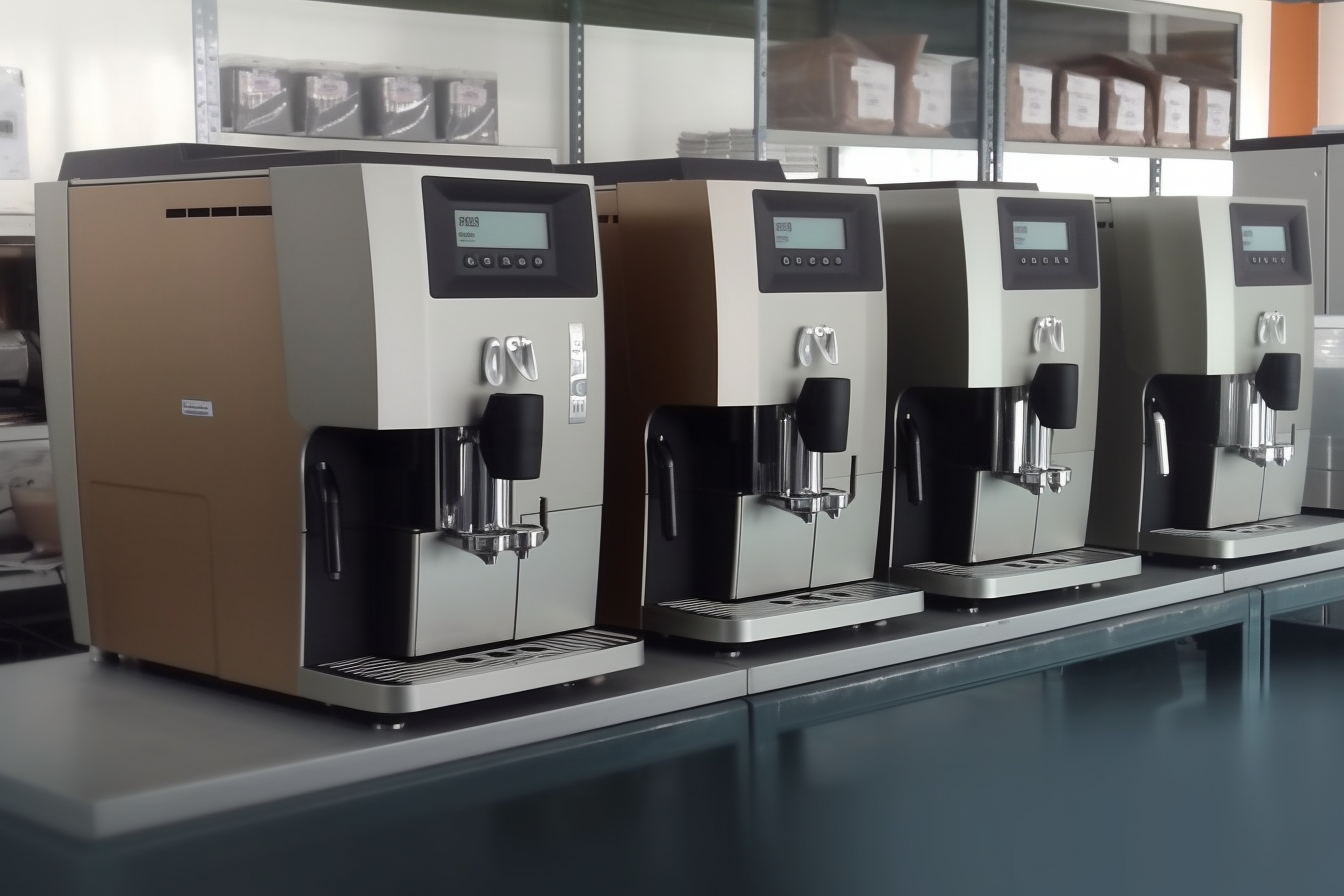Reliable Depression Screening: Check Your Symptoms Now
It’s hard to know if you're just having a tough time or experiencing symptoms of depression. This clinically-informed self-assessment provides a clear, evidence-based look at what you're feeling. Take a few minutes to answer the questions privately and get immediate insight to help you decide on your next steps.

What’s the difference between sadness and depression?
Sadness is a temporary emotional state that often stems from specific life events or circumstances. It’s a natural part of the human experience and typically resolves on its own. Depression, on the other hand, is a persistent mental health condition characterized by prolonged feelings of hopelessness, loss of interest in activities, and significant changes in daily functioning. While sadness may last for days, depression can persist for weeks, months, or even years if left untreated. Recognizing this distinction is crucial in determining whether you might benefit from professional help.
How can a confidential depression screening provide clarity?
A confidential depression screening is a valuable tool that can help you gain insight into your mental health. These screenings typically consist of a series of questions designed to assess your mood, behavior, and thought patterns over a specific period. By answering these questions honestly, you can get a clearer picture of whether your symptoms align with those of clinical depression. The confidential nature of these screenings allows you to explore your feelings without judgment, providing a safe space for self-reflection and potential next steps.
What does a typical depression screening involve?
Depression screenings usually involve a questionnaire that covers various aspects of your emotional and physical well-being. Common areas addressed include:
-
Mood changes and persistent sadness
-
Loss of interest in previously enjoyed activities
-
Changes in sleep patterns or appetite
-
Difficulty concentrating or making decisions
-
Feelings of worthlessness or guilt
-
Physical symptoms like fatigue or unexplained aches
These screenings are designed to be comprehensive yet concise, often taking only a few minutes to complete. They provide a structured way to assess your symptoms and their severity, helping to determine if further evaluation is necessary.
How should you interpret your depression screening results?
Interpreting your screening results is a crucial step in understanding your mental health status. Most screenings categorize results into levels of severity, such as minimal, mild, moderate, or severe depressive symptoms. It’s important to remember that these results are not a definitive diagnosis but rather an indicator of whether you might benefit from further assessment. If your results suggest moderate to severe symptoms, it’s advisable to seek professional help. Even if your results indicate mild symptoms, it may be worth discussing them with a healthcare provider, especially if they persist or interfere with your daily life.
Why is professional diagnosis crucial for depression?
While online screenings can provide valuable insights, a professional diagnosis is essential for several reasons. Mental health professionals have the training and experience to conduct in-depth assessments, considering factors that may not be captured in a brief screening. They can differentiate between depression and other conditions with similar symptoms, such as anxiety disorders or thyroid problems. Additionally, a professional can tailor treatment recommendations based on your specific situation, considering factors like your medical history, current life circumstances, and personal preferences.
What are the next steps after taking a depression screening?
If your screening results suggest you may be experiencing depression, the next step is to consult with a mental health professional or your primary care physician. They can provide a comprehensive evaluation and discuss treatment options, which may include therapy, medication, or a combination of both. Even if your results don’t indicate depression, but you’re still concerned about your mental health, it’s always appropriate to seek professional advice. Remember, early intervention can lead to better outcomes and improved quality of life.
This article is for informational purposes only and should not be considered medical advice. Please consult a qualified healthcare professional for personalized guidance and treatment.




